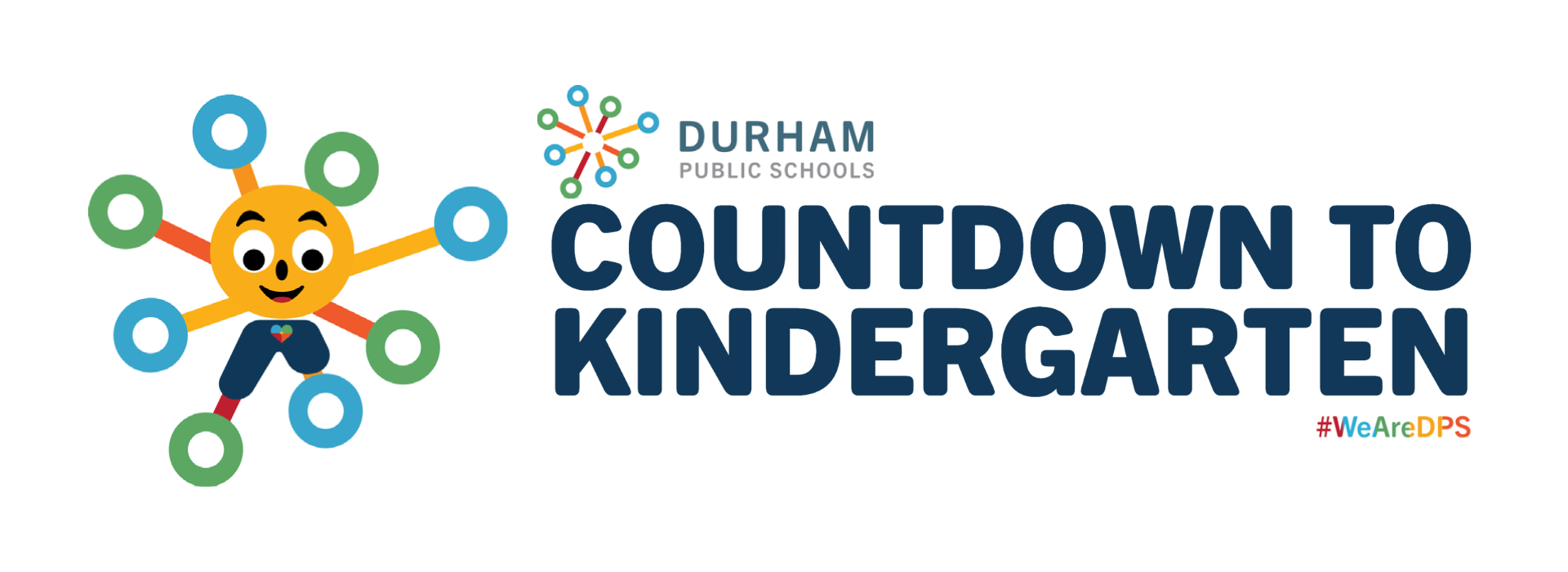- Durham Public Schools
- What to Expect in Kindergarten
Kindergarten Information
Page Navigation
What to Expect in Kindergarten
-

Kindergarten Curriculum
At Durham Public Schools, we strive to educate the whole child. That's why the kindergarten program is designed to challenge children in all areas: academic, social, emotional, and physical.
Reading is a key focus of kindergarten because reading is the foundation for all learning. Success in early reading builds a strong foundation for future academic success. In kindergarten, students experience a balanced reading program that includes phonics, phonemic awareness, fluency, vocabulary, and reading comprehension. Students have many opportunities to interact with different types of books and teachers spend time reading different types of books to the students. Students check books out of the Media Center and their classroom to read at home. Parents can support schools by reading to and with their children every day.
Children learn math and science through hands-on materials and thoughtful lessons. Teachers provide opportunities for creative expression throughout the school day, including literature, art, music and more.To learn more about what is taught in kindergarten and to see a complete kindergarten curriculum, visit the N.C. Department of Public Instruction website at www.ncpublicschools.org/curriculum/.Typical Kindergarten Classroom
School days in kindergarten are the best days! Kindergarten days involve a blend of instruction, structured play, child-centered activities, and developmentally appropriate curriculum. There is a strong sense of classroom community and excitement in these rooms. You may see a cozy reading area, a welcoming whole group rug, and child-sized tools and manipulatives to facilitate student learning. The average kindergarten class in Durham is approximately 20 students with a certified teacher and teacher assistant. Like many districts in North Carolina, Durham Public Schools has full-day kindergarten programs.
Assessments in Kindergarten
Throughout the year, kindergartners will be assessed to monitor their progress and achievement of goals. Some of these assessments will be formal, such as math tasks or writing tests, while others will be informal, such as teacher notes, portfolios, or student work samples.
Differentiated instruction is available for students who learn at a different pace from their peers. In addition, specialized services through the Exceptional Children department or the Academically and Intellectually Gifted programs are available for students who need them.

